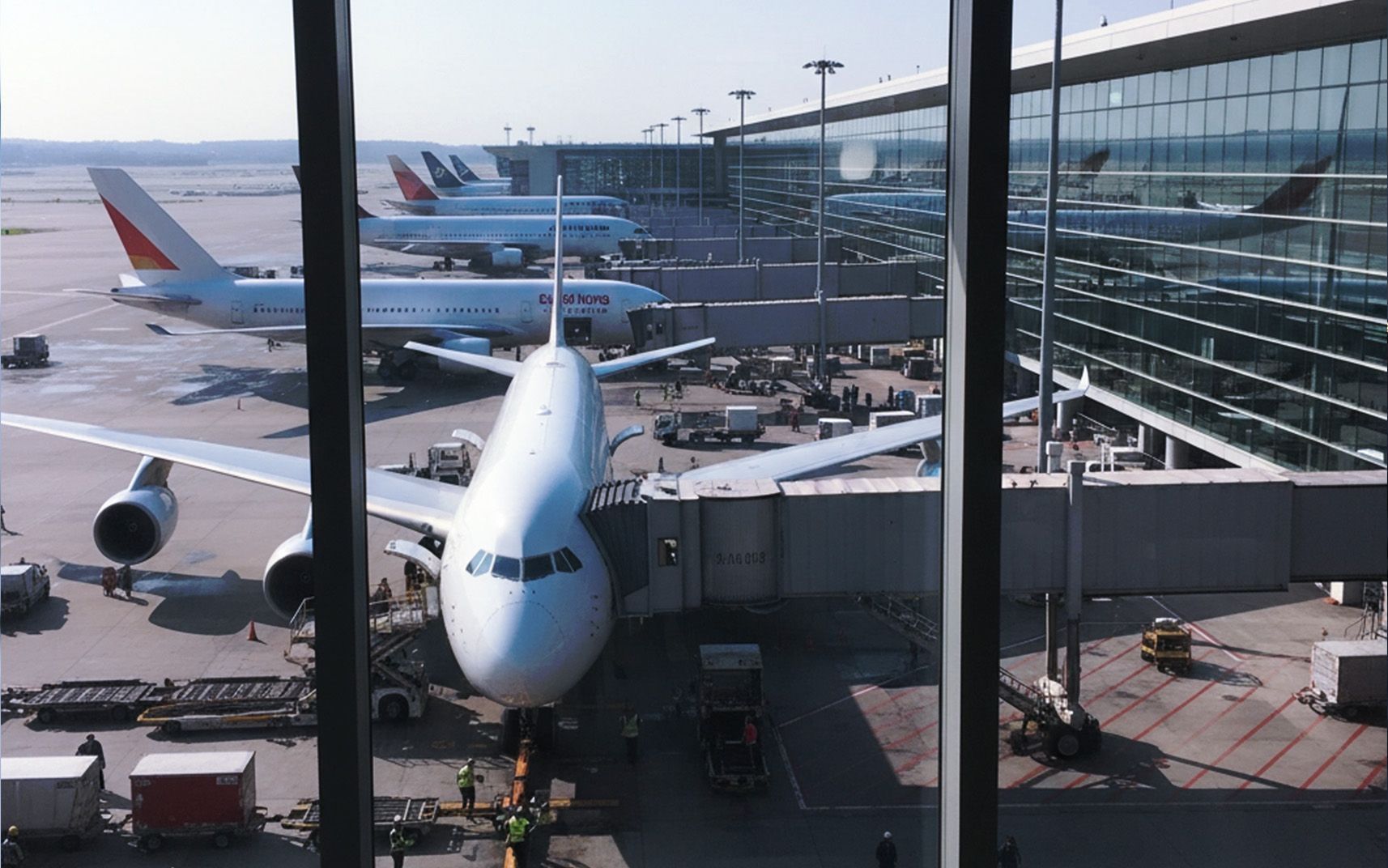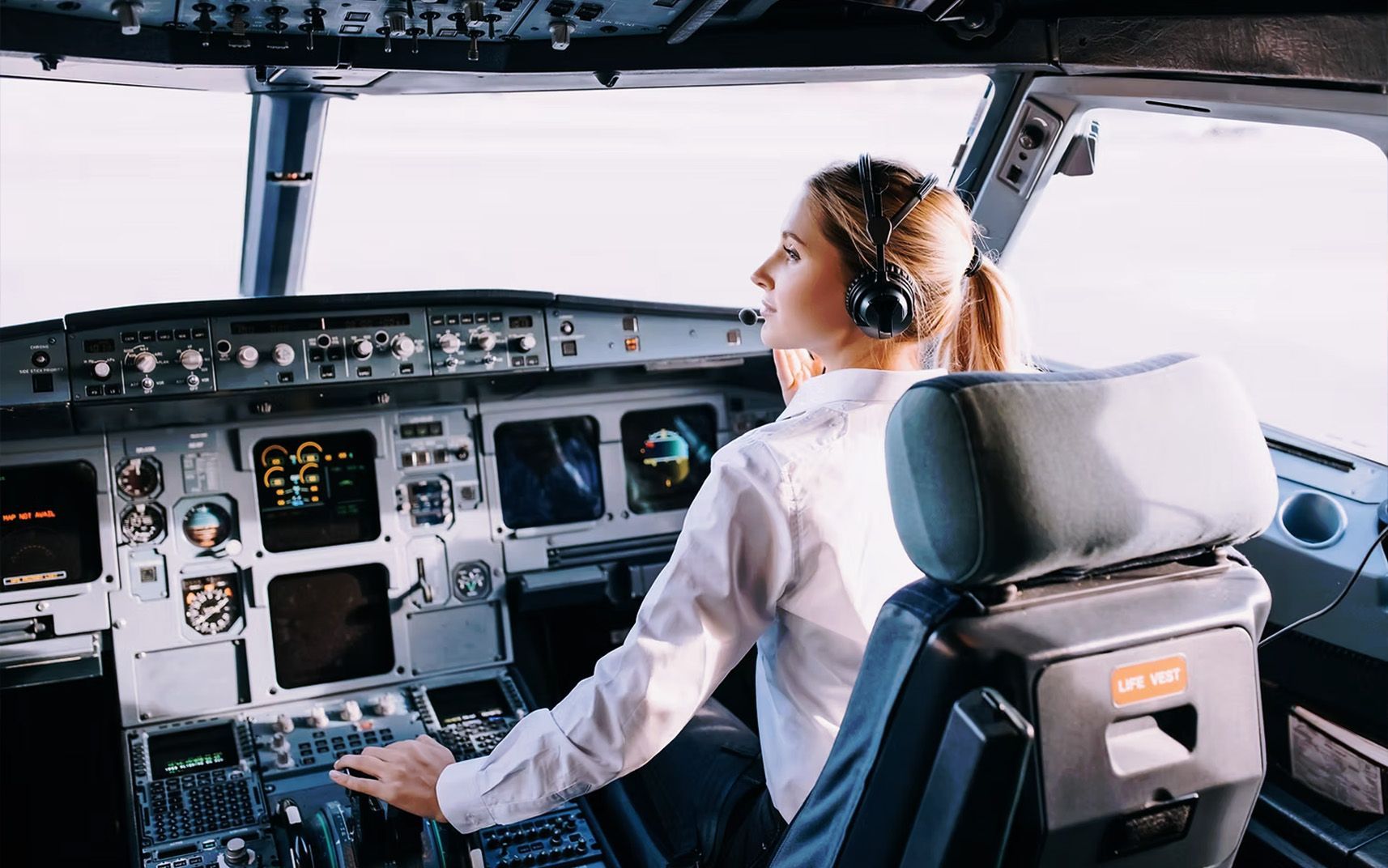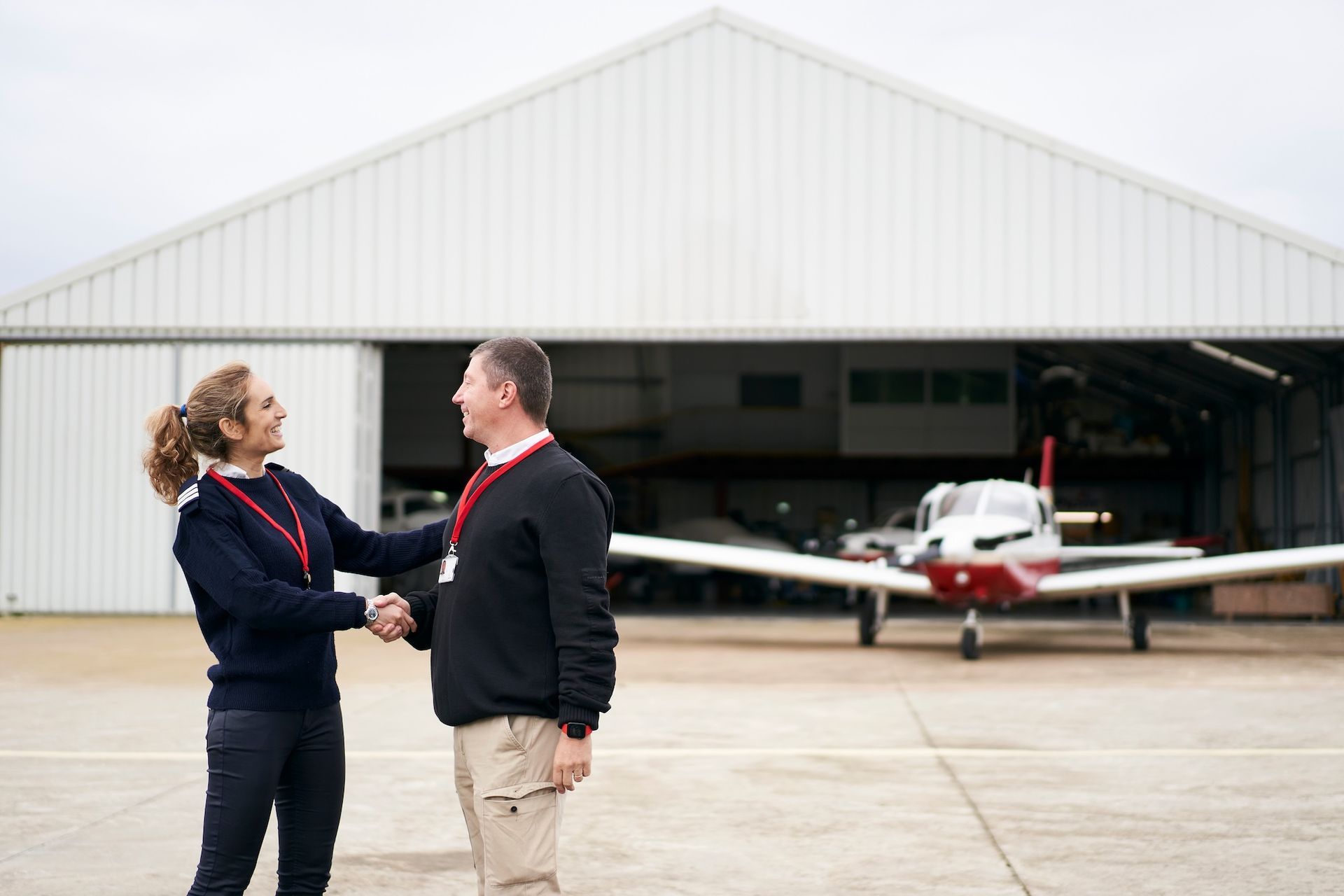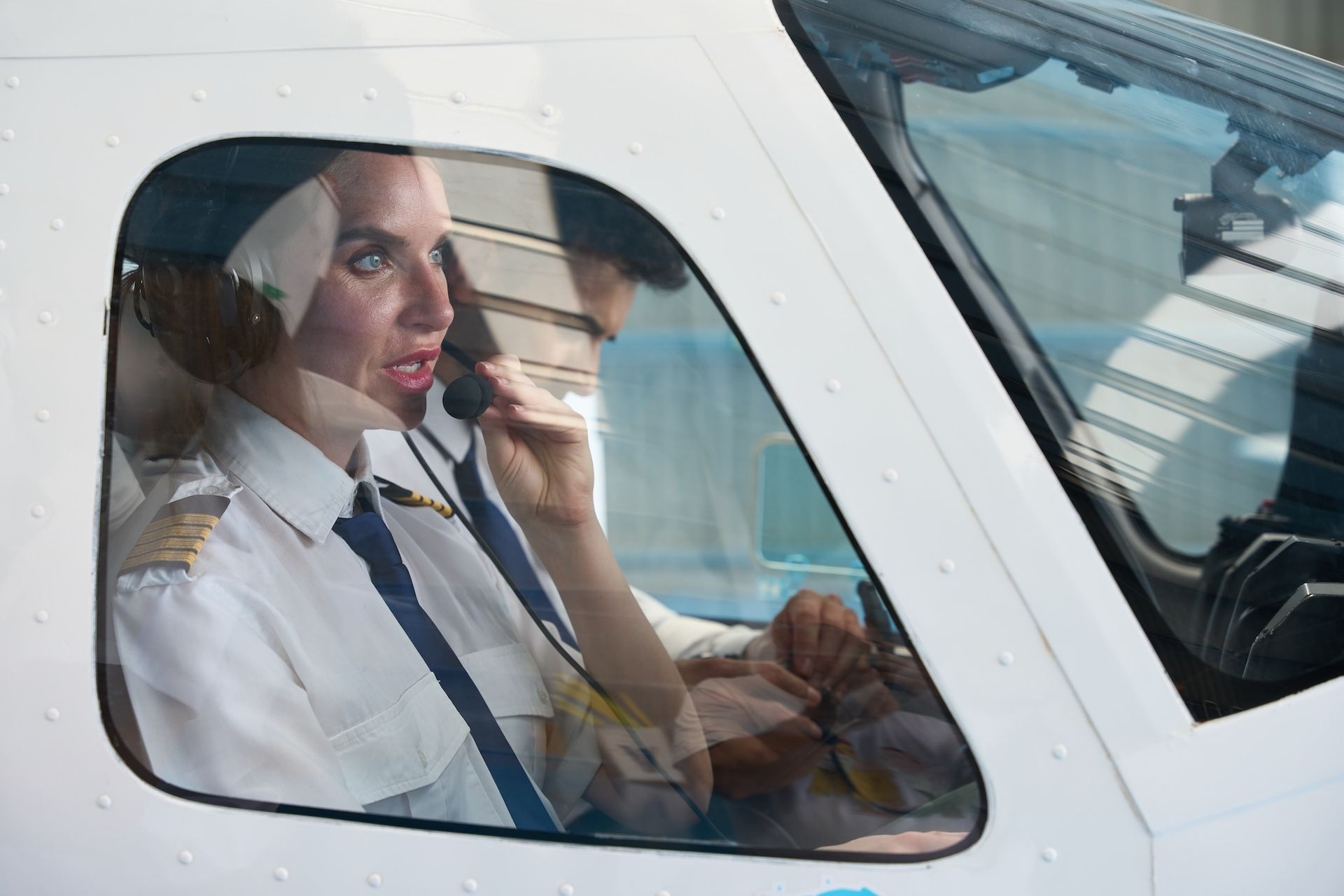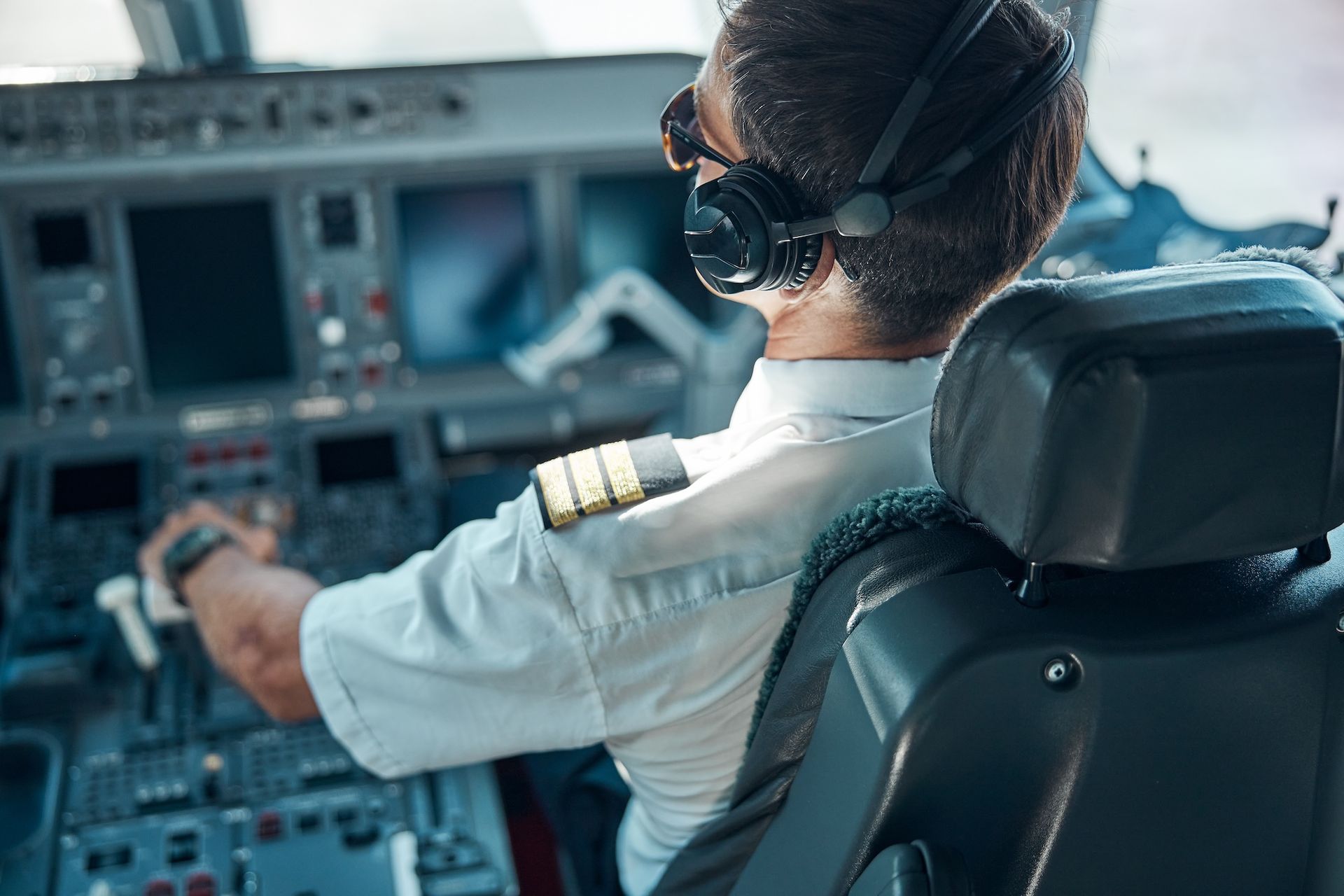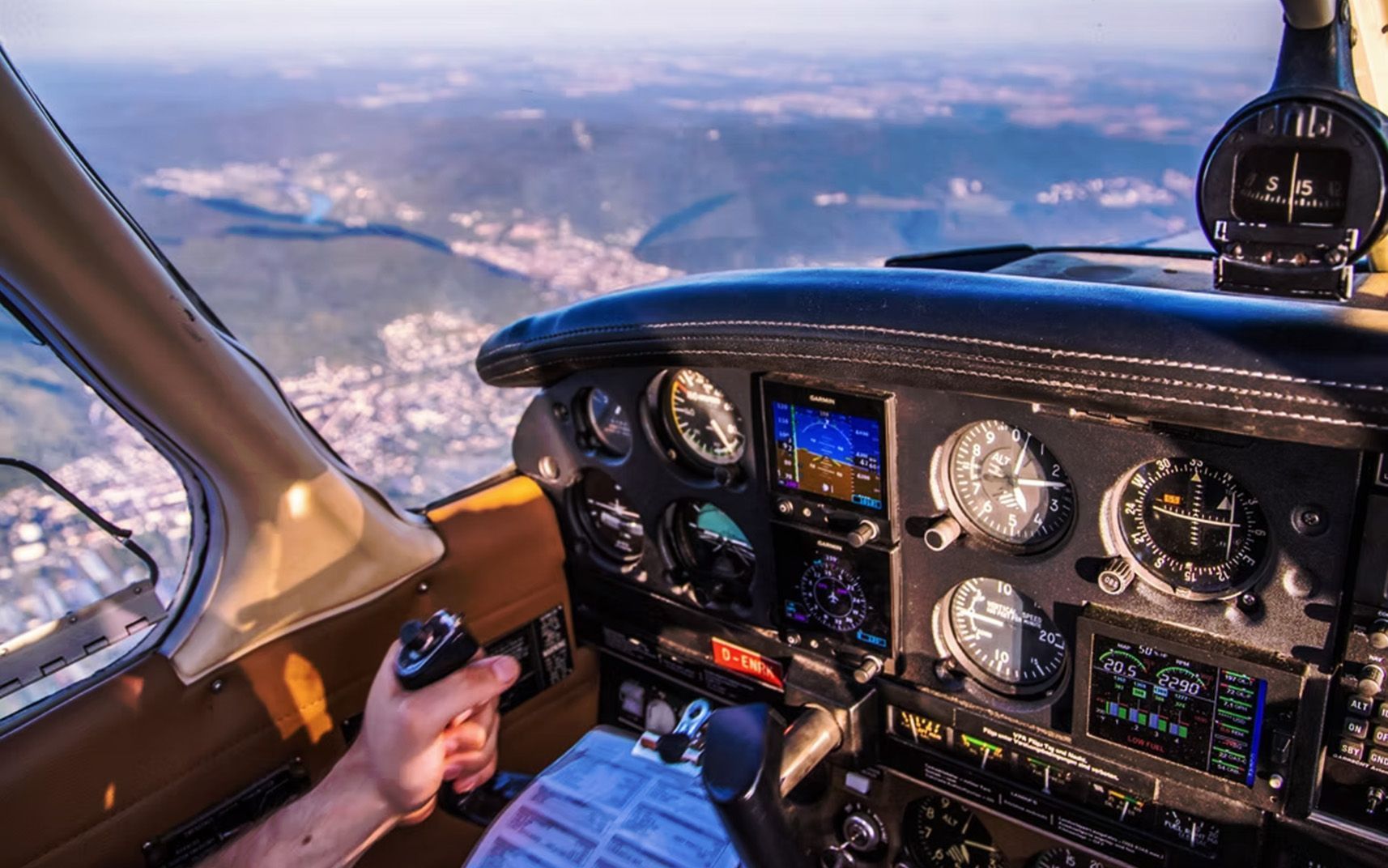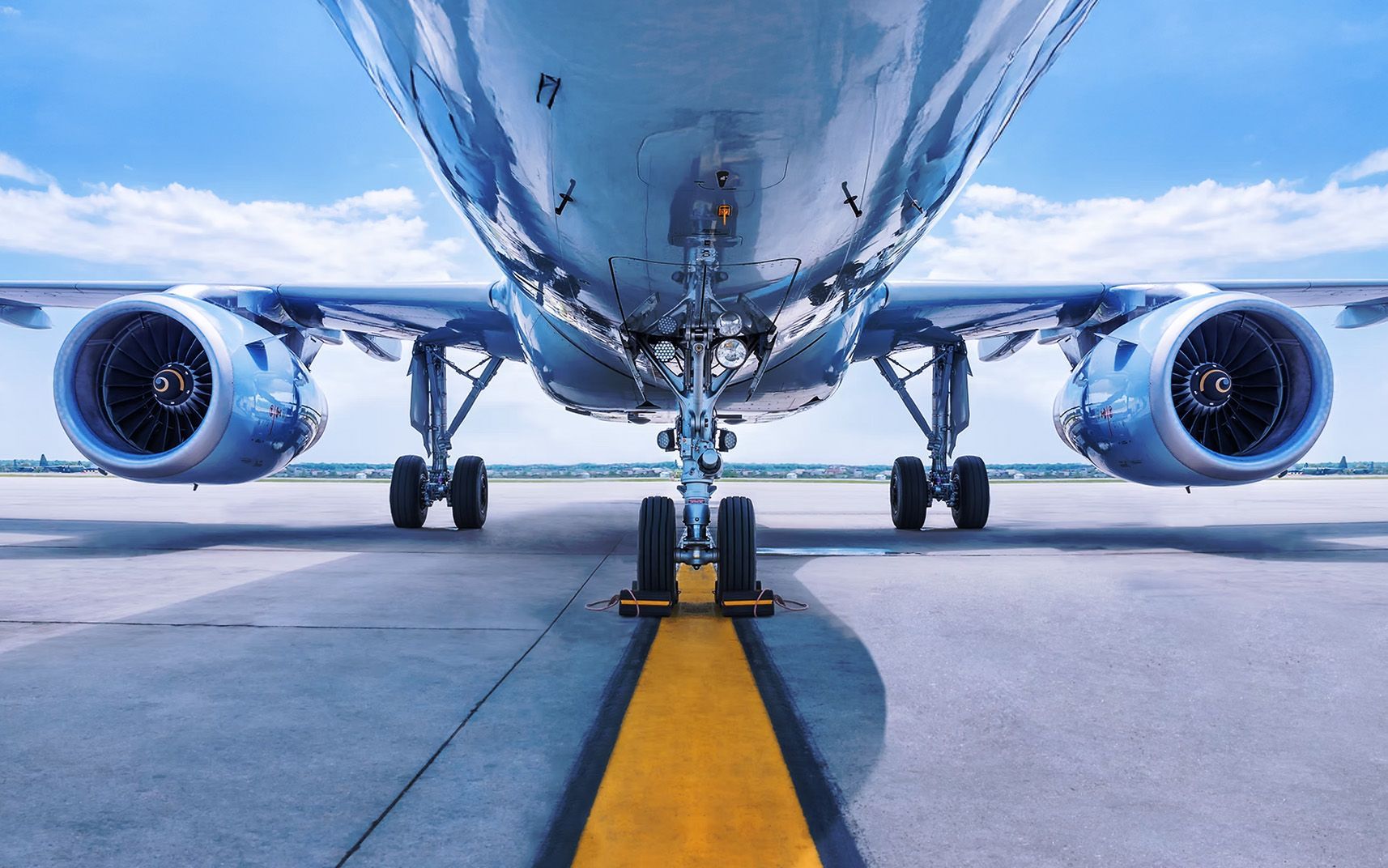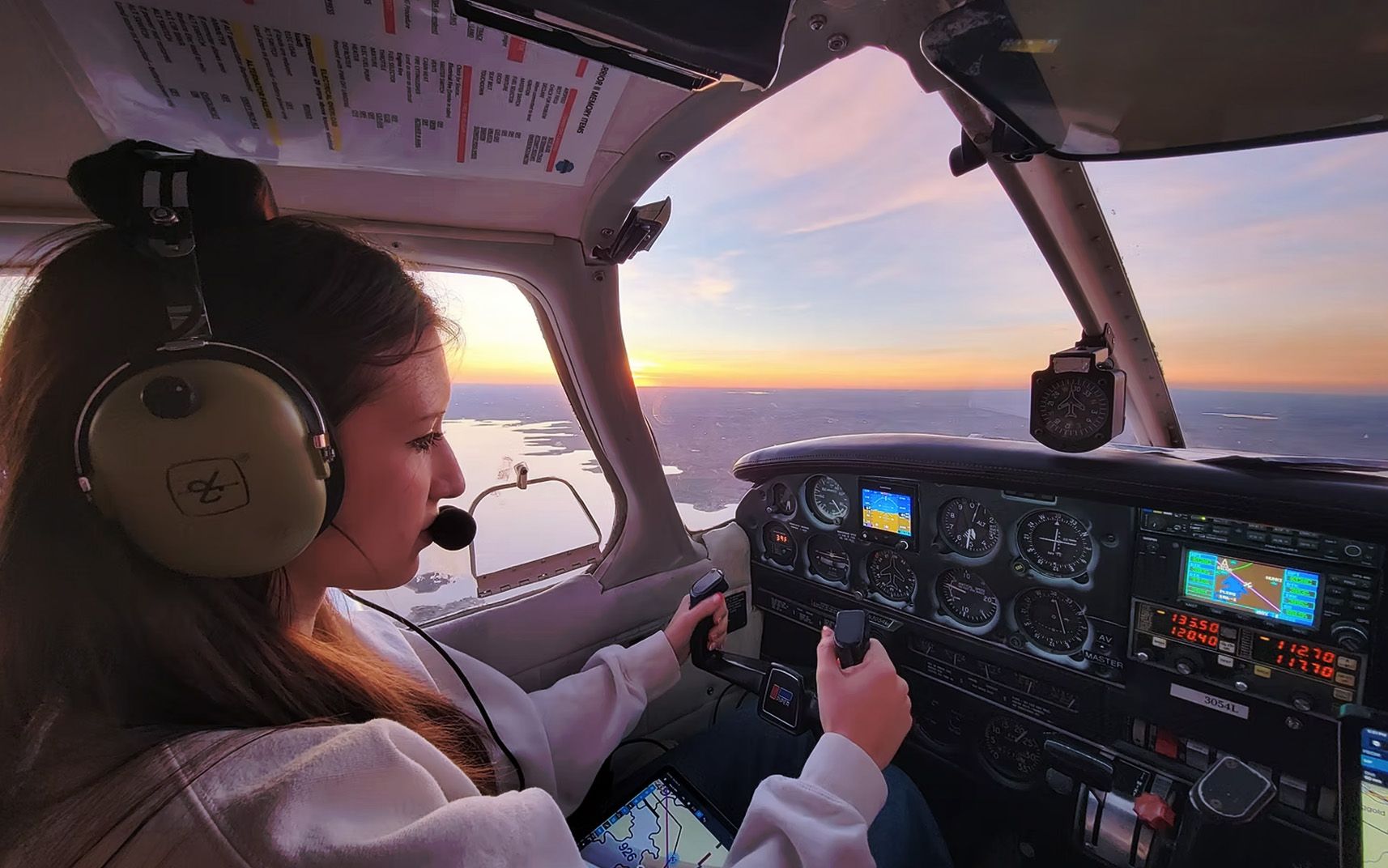New Horizons: The Benefits of Earning Your Instrument Rating
Share this article
What Is an Instrument Rating?
An instrument rating allows pilots to fly using only cockpit instruments. This skill is essential in low-visibility conditions such as fog, clouds, or heavy rain. It removes the restrictions of needing clear weather, giving pilots the freedom to fly anytime.
At Nationwide Aviation, earning your instrument rating is simple and achievable. Our experienced instructors and advanced training programs ensure you gain the knowledge and skills to succeed.
Why Earn an Instrument Rating?
1. Fly in Any Weather
Weather can limit flying opportunities. With an instrument rating, pilots can confidently fly in conditions that would otherwise keep them grounded. This skill makes flying more practical and accessible.
2. Improve Safety
Instrument-rated pilots learn precise flying techniques. These skills help manage unexpected weather and ensure safer flights for pilots and passengers.
3. Build Confidence
Flying in various conditions boosts a pilot’s confidence. The training prepares pilots for challenges and improves decision-making skills during flights.
4. Expand Career Opportunities
Airlines and corporate aviation employers prefer instrument-rated pilots. For those pursuing professional aviation, this certification is essential. It demonstrates advanced flying ability and readiness for high-responsibility roles.
5. Maximize Flying Potential
An instrument rating allows you to make the most of your aircraft. It reduces weather-related delays and expands travel options, ensuring your flying experience is as versatile as possible.
What Does Instrument Training Involve?
Training focuses on learning to interpret cockpit instruments accurately. This includes tasks such as maintaining altitude, adjusting course, and completing landings without external visual references. Nationwide Aviation provides modern flight simulators and in-flight lessons to help you master these skills.
Training also includes studying air traffic control communication. Clear and efficient communication ensures smooth coordination, even in busy airspaces. These lessons build a solid foundation for safe and efficient flying.
How Long Does It Take?
Nationwide Aviation offers flexible schedules to fit your needs. On average, earning an instrument rating takes a few months, depending on how often you can train. Our fast-track programs can accelerate this process for those eager to complete their training quickly.
How Much Does It Cost?
Cost is a concern for many aspiring pilots. At Nationwide Aviation, we offer financing options to make training accessible. Our team can connect you with experts to help find the best funding solution.
The Nationwide Aviation Advantage
Expert Instructors
Our instructors are skilled pilots with years of experience. They guide you through the process step-by-step, ensuring you feel confident and supported.
State-of-the-Art Facilities
We use advanced flight simulators and well-maintained aircraft. This ensures you learn in a safe, realistic, and professional environment.
Clear Pathways
Our training programs are straightforward. From your first session to earning your certification, we outline a clear path for success. You won’t feel lost or overwhelmed.
Flexible Scheduling
Busy schedules shouldn’t stop you from achieving your dreams. We offer flexible training options so you can learn at your own pace.
Common Questions About Instrument Ratings
1. Do I Need a Private Pilot License First?
Yes, you must hold a private pilot license before earning your instrument rating. This ensures you have basic flying skills and knowledge.
2. Can I Train While Working Full-Time?
Yes, our flexible programs allow you to balance work, life, and training. Many of our students train part-time and still achieve their goals.
3. Is the Training Difficult?
Learning to rely on instruments can be challenging, but our programs simplify the process. With the right guidance and consistent practice, success is within reach.
Why Nationwide Aviation?
Nationwide Aviation combines professionalism, support, and a passion for helping pilots succeed. Our students graduate with the confidence and skills needed to achieve their aviation goals.
Choosing Nationwide Aviation means choosing a partner committed to your growth. Whether you aim to fly recreationally or pursue a professional career, our programs are designed to help you soar.
Take the Next Step
Earning your instrument rating transforms how you experience flying. It makes the skies more accessible, your flights safer, and your career opportunities broader.
Ready to begin? Contact Nationwide Aviation today and take the first step toward earning your instrument rating. Adventure, freedom, and success are waiting for you.
Recent Posts
